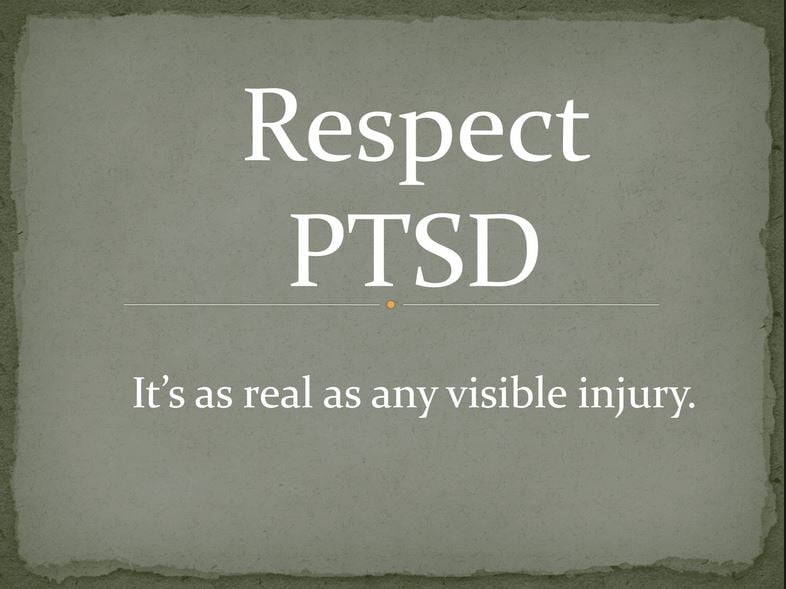 One of my favorite blogs in the young adult / writing / internet-o-sphere has long been the incredibly busy Sarah Fine’s The Strangest Situation. Not only is Sarah a YA author, she’s also a child psychologist who blogged extensively about that place where the two converge until her commitments demanded that she focus on other work.
I’ve been sitting on this post for a while because Sarah completed an amazing series of ten posts on developmental PTSD when These Gentle Wounds was still a year from publication. Now that my book is only TWO MONTHS from being published and advanced reader copies are being circulated, it seems the right time to address this.
One of my favorite blogs in the young adult / writing / internet-o-sphere has long been the incredibly busy Sarah Fine’s The Strangest Situation. Not only is Sarah a YA author, she’s also a child psychologist who blogged extensively about that place where the two converge until her commitments demanded that she focus on other work.
I’ve been sitting on this post for a while because Sarah completed an amazing series of ten posts on developmental PTSD when These Gentle Wounds was still a year from publication. Now that my book is only TWO MONTHS from being published and advanced reader copies are being circulated, it seems the right time to address this.
So, it’s no secret that Gordie, the main character of These Gentle Wounds is suffering from post-traumatic stress disorder. Without spoiling my own book, I can tell you that this 15 year-old has been through some seriously traumatic things – the kind of things that change you forever, the kind that you never get over. Because even though people learn to cope with their experiences, they are changed by them. And kids are changed by them most of all.
Yet, when I was sending my drafts out to beta readers, one responded with, “But what Gordie went through was so LONG ago. Would he be, you know, over it by now?” I sputtered and kind of wanted to throw something, but didn’t. I tried to explain the biological changes that trauma creates in kids, but I’m not sure I won the reader over (and by that, I mean, I don’t think she believed me).
One of the well-meaning, but somewhat misguided adults in TGW mentions, at one point, the many ways that adults can screw up their kids. Because he’s well-meaning, he mostly referring to the mistakes that other well-meaning parents make and most of those mistakes can be dealt with over time.
But the type of things that Gordie went through as a child leave wounds much deeper, wounds that can’t be seen and because of the assumption that something that happened to a 10 year-old wouldn’t be affecting them at 15, those wounds get overlooked and ignored.
Some of you know that TGW used to be called In Case of Emergency. It’s a title I hated, but then I’m a terrible title writer and it was good enough when I was submitting to editors. When the book sold and one of the titles that my editor suggested was These Gentle Wounds, I was taken aback. After all, nothing about these wounds are “gentle”. That, he replied, is the point because people DO.NOT.GET.IT.
I embraced the new title and even added some dialogue, both internal and external, to make this point clearer. As Gordie says as one point, “Sometimes I wish I'd lost a leg or something. Everyone can understand that. They never get it when what's been broken is inside your head.”
I don’t want to recreate the wheel here and I could never do Sarah’s posts justice. If you’re at all curious about the developmental aspects of PTSD, you’ll find her posts an accessible and fascinating (and terribly sad) read so PLEASE go read them. A lot of what she states mirrors the things I read as I was researching this book. A lot mirrors what simply came through hearing my character’s voice so clearly in my mind that I managed to get it right by asking myself how he’d react in certain circumstances. It is real. It is true.